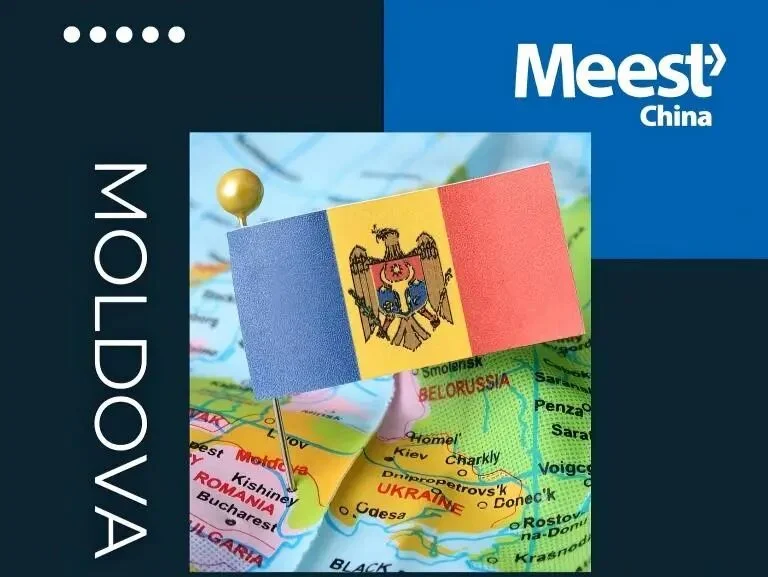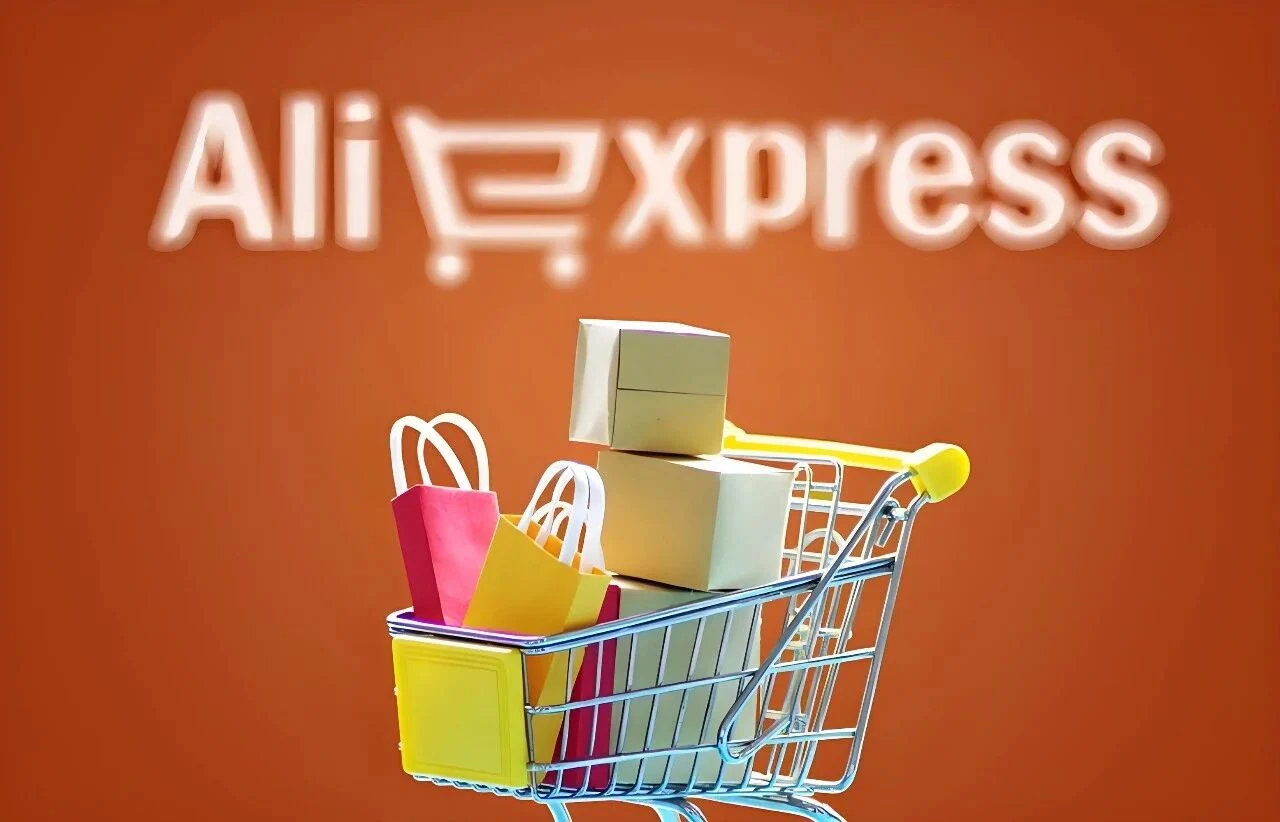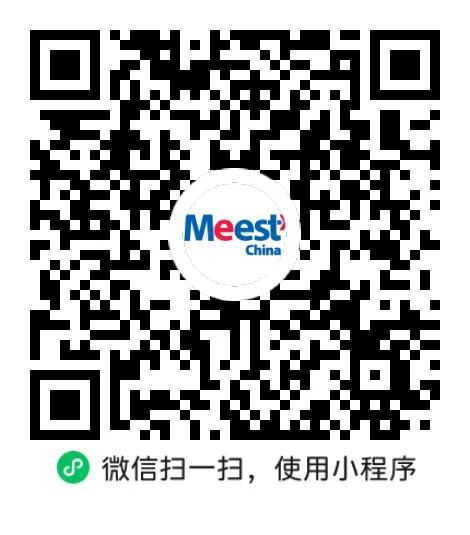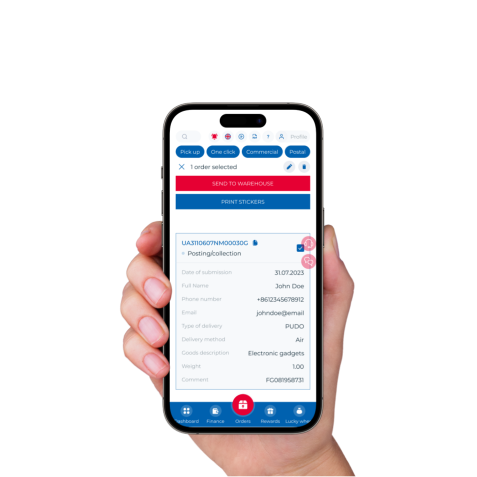Meest Uzbekistan Dedicated Line: Traversing the Ancient Silk Road, Direct to the Central Asian Heartland
While global e-commerce attention is focused on Europe, the Central Asian market is quietly emerging as the next blue ocean for cross-border expansion. As the most populous country in Central Asia, Uzbekistan saw its e-commerce growth surge by over 35% in 2023, yet logistics bottlenecks have long hindered sellers from penetrating deeper into the market. Leveraging 25 years of experience operating in the CIS (Commonwealth of Independent States), Meest has rebuilt Central Asian logistics links with localized expertise and officially launched a dedicated line from China directly to Uzbekistan, bridging the “last mile” of the “New Silk Road” for cross-border sellers.

Full-process Self-operation, No Outsourcing Markups
Unlike traditional logistics that relies on local service providers, Meest insists on self-operating the entire process, from collection in China to last-mile delivery in Uzbekistan. In China, a 10,000-square-meter smart warehouse in Guangzhou offers free door-to-door pickup nationwide. Equipped with X-ray security checks and AI dimensioning technology, it enables precise control over mixed collection of general goods and battery-powered products (requiring MSDS certification). Goods are transported via the Urumqi land hub or direct air flights to Tashkent, then transferred to Meest Uzbekistan’s own fleet for local delivery, eliminating risks of delayed timeliness and cargo damage caused by outsourced transshipment. This vertically integrated model reduces overall costs by 20% compared to similar market solutions, truly fulfilling the promise of an “affordable route.”
Double Customs Clearance with Tax Included + Fixed Flights, Timeliness Stabilized Within 10 Days
Addressing Central Asia’s complex customs environment, Meest draws on the proven experience of its Ukrainian customs clearance subsidiary ROSAN to provide one-stop double customs clearance with tax included — full management from document pre-inspection, value declaration (supporting duty-free declaration for ≤150 euros), to VAT payment on behalf, increasing customs clearance pass rates by 40%. The dedicated line operates on fixed flights every Monday, Wednesday, and Friday, with a combination of land and air transport to shorten transit time:
- Air dedicated line: 8-12 days to reach the Tashkent metropolitan area, covering high-timeliness orders;
- Land transport channel: 14-18 days to cover remote cities like Samarkand, with 35% cost savings.
The entire trajectory is integrated into Meest’s own tracking system, allowing real-time monitoring of cargo status and putting an end to “black-box transportation.”
Localized Network Targets Consumer Pain Points
To gain the trust of Central Asian consumers, two key challenges must be addressed: lack of trust in Cash on Delivery (COD) and insufficient coverage in remote areas. Meest has deployed over 300 Pick-Up and Drop-Off (PUDO) points in Uzbekistan, covering core urban clusters such as Tashkent and Bukhara, supporting multi-mode COD services including cash and electronic payments, raising the signing rate to 92%. It has also established a warehousing and distribution alliance with local e-commerce platforms Click.uz and Uzum, enabling 48-hour express delivery of orders. For return and exchange needs, a 30-day free storage service in transit warehouses is provided to avoid high reverse logistics costs.

Three Foundations for Leading in Central Asia
Meest’s leading edge stems from three core competencies: With 25 years of deep cultivation in the CIS market, the team has a profound understanding of policies, regulations, customs rules, and consumer culture in Central Asian countries; 100% self-operation from China’s consolidation warehouses to Uzbekistan’s last-mile fleets ensures full-process control, eliminating outsourcing risks; It is further endorsed by the Universal Postal Union (UPU) — with transit hubs in Westerburg (Germany) and Lviv (Ukraine) — ensuring full compliance of international links. These three barriers form an irreplicable localized moat.














